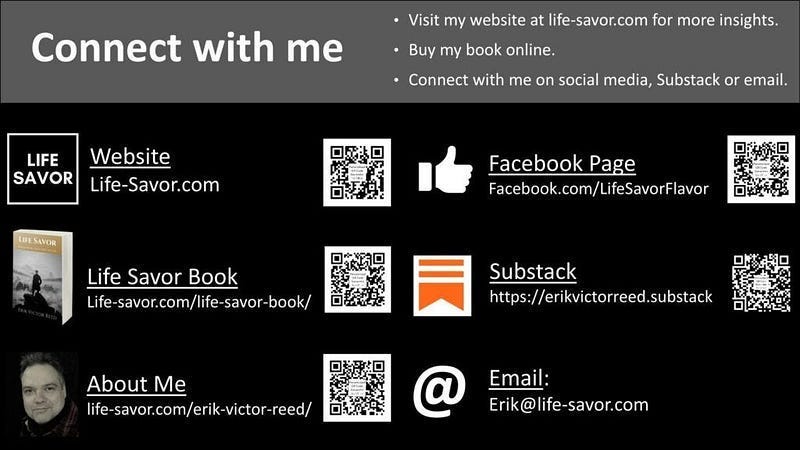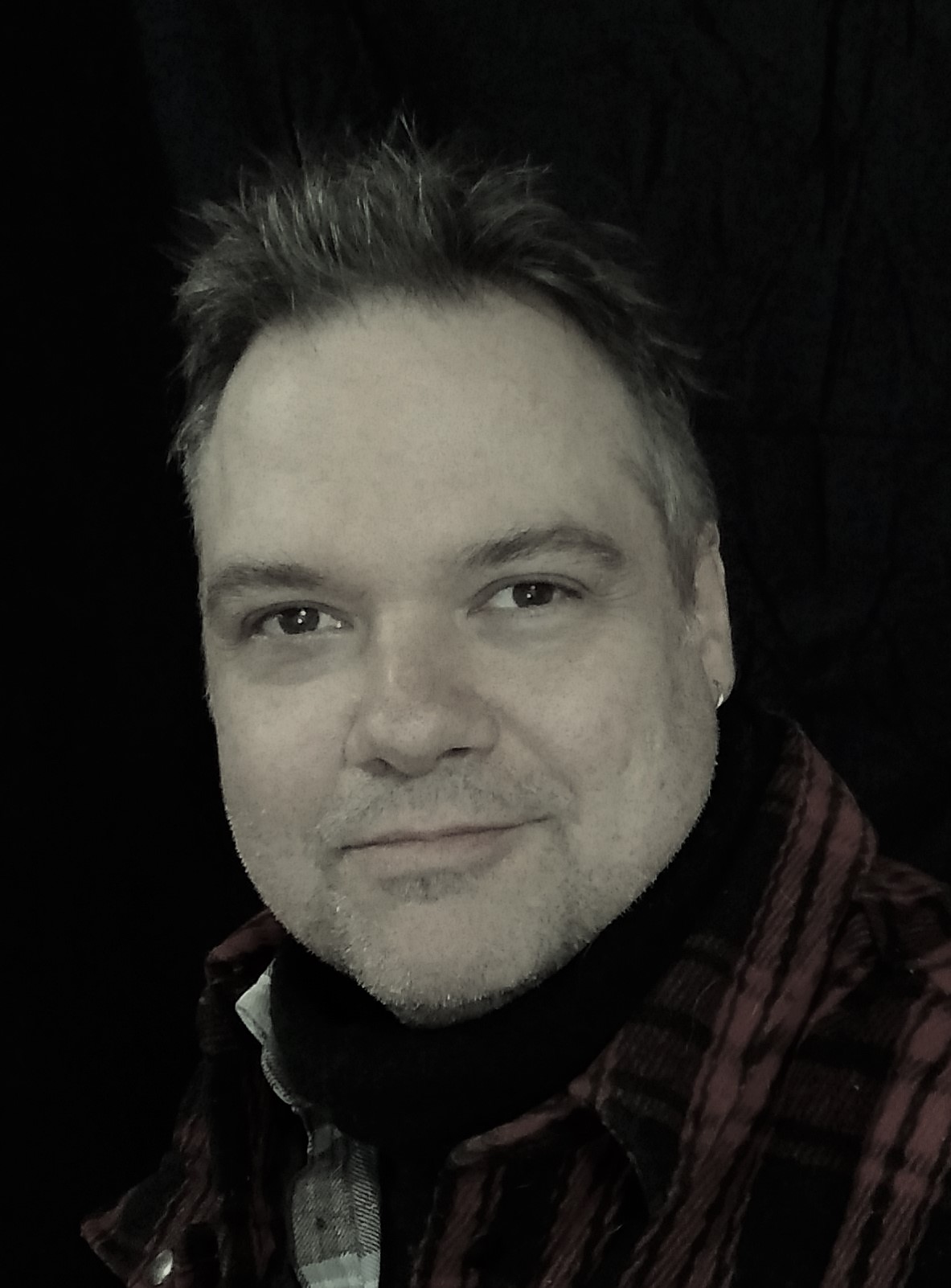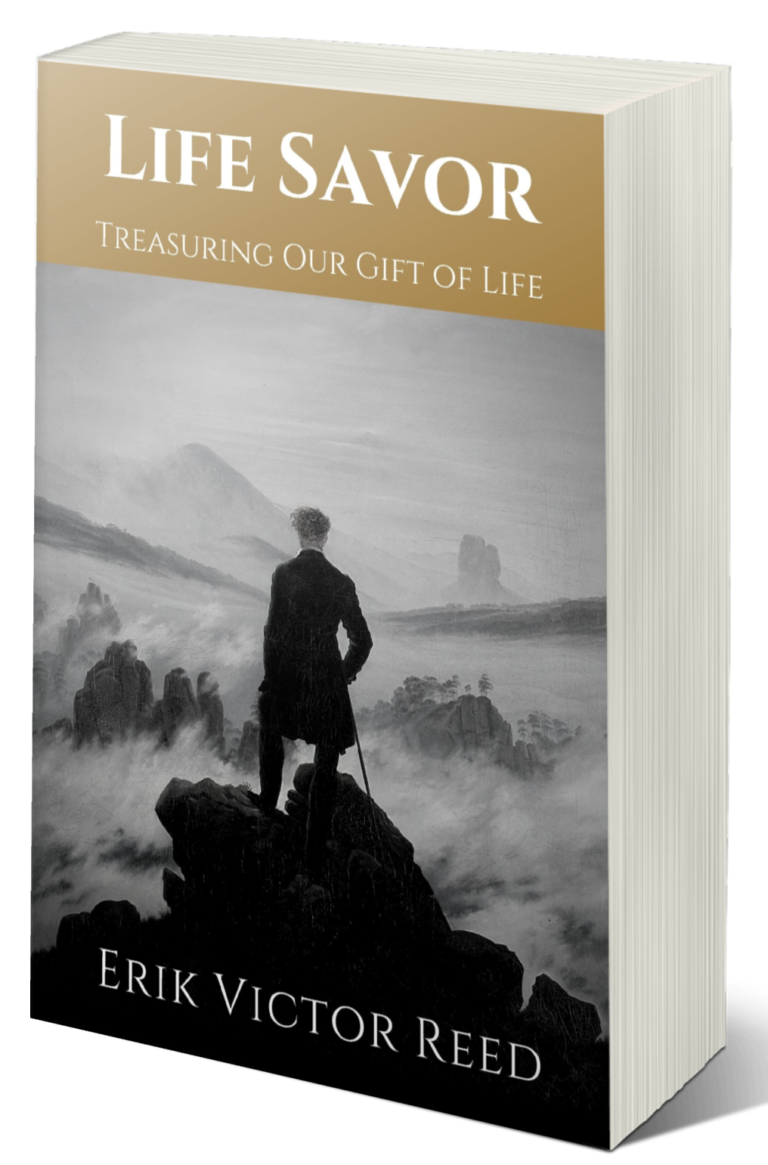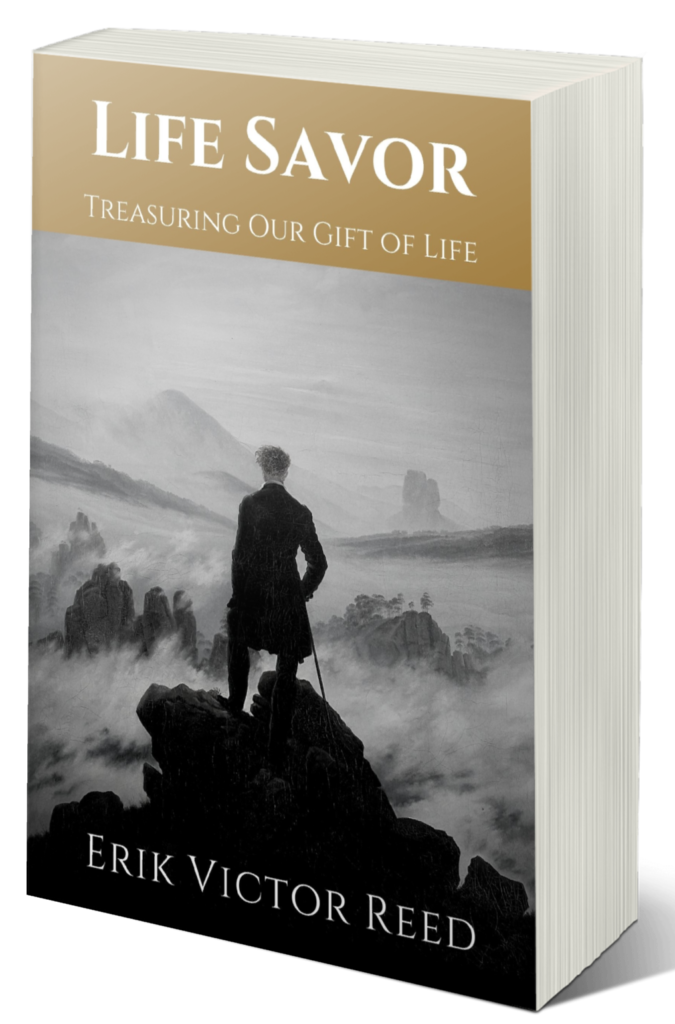Timeless voices remind us to live awake, grateful and true.
Instead of one long essay, today I’m sharing three short reflections tied together by a common thread. Think of it as a triad—three perspectives that complement each other.
Dawkins: The Luck of Being Alive
Richard Dawkins wrote:
“We are going to die, and that makes us the lucky ones. Most people are never going to die because they are never going to be born.”
It’s a paradox that takes a moment to sink in. The very fact of our mortality is what makes us blessed. Out of all the trillions of combinations of atoms that never existed in human form—you exist. You not only exist, but you exist with awareness, memory, imagination, and the ability to savor.
Most days, though, we forget. We treat life like a backdrop, assuming we’ll always have tomorrow. Dawkins invites us to flip the script: the clock is ticking, and that’s not a tragedy—it’s a gift. The rarity of our time alive is what makes it precious.
I remember nearly slipping off a frozen ice wall as a teenager. In those seconds, every heartbeat felt like stolen treasure. You don’t need a near-death experience to feel that, though. You just need to pause and realize: you are alive today. What will you do with that luck?
Reflection prompt:
What ordinary thing could you treat as extraordinary today, simply because you’re here to experience it? What chances might that inspire you to take?
Horace: Treat Each Day as Gain
The Roman poet Horace counseled:
“…every day that fortune grants you, count as gain.”
It’s one thing to intellectually know life is short. It’s another to live as if today is bonus time. The practice of “counting as gain” turns each sunrise into profit—not in dollars, but in lived value.
But expectations interfere. We pile them high, turning life into a burden of “shoulds.” Get this grade. Land that job. Impress those people. The weight grows so heavy that we forget the simplest miracle: we are breathing. We exist. Today is already a surplus compared to the alternative of never having been here at all.
Try reframing the day this way: instead of asking, What do I need to accomplish? ask, What gift is already mine because I woke up this morning? Maybe it’s the warmth of your coffee, or the smile of someone you love, or the ability to make a new choice. That perspective shift doesn’t erase challenges—it grounds them. Still do the challenge, but do it as the privilege it is.
Practical step:
Write down one thing from today that you’d call “pure gain.” Small or large, it re-trains your mind to see life as abundance, not deficit.
Goldstein: Do Justice to Existence
The philosopher Rebecca Newberger Goldstein wrote:
“…one wants to live in a way that at least begins to do justice to [existence]…”
If Dawkins points out our luck, and Horace reminds us to count it, Goldstein adds the moral weight: what will you do with your life, now that you see how rare and fleeting it is?
This isn’t about pressure to achieve greatness. It’s about alignment. To “do justice to existence” means living in a way that honors the gift, whatever that looks like for you. For one person, it might mean raising children with love. For another, writing songs. For another, simply noticing beauty that others overlook.
The danger is letting expectations or other people’s scripts corrode that sense of justice. “You should be a lawyer.” “Don’t waste your talent.” “Why don’t you want what everyone else wants?” But those voices aren’t your compass. Justice to existence is personal. It’s about honoring your fascinations, your values, your chance to explore this life while you have it.
Closing reflection:
If your life is the one performance you’ll ever give, how do you want it to sound? Will it echo with borrowed notes, or ring with something distinctly yours?
A Thread Through All Three
Dawkins startles us awake: you’re lucky to exist at all.
Horace grounds us in gratitude: each day is a gain.
Goldstein challenges us: don’t waste it—live in a way that honors the gift.
Taken together, these three perspectives form a triad of mortality awareness. They remind us that the fact of our death is not meant to paralyze us, but to electrify us. It is mortality that sharpens life into meaning.
You don’t need to be morbid to think about death. You need to be clear. Mortality awareness is not about despair—it’s about reverence. When you let it shape your perspective, even the simplest day becomes something miraculous.
So today, pause for a moment. Count this day as gain. Ask yourself how you might do justice to your existence. And remember—you’ve already won the rarest lottery of all: the chance to be alive.
For more like this, visit the broader project at life-savor.com, or explore the Life Savor book itself.
To learn more about Life Savor’s philosophy,
read Life Savor: Treasuring Our Gift of Life by Erik Victor Reed.








